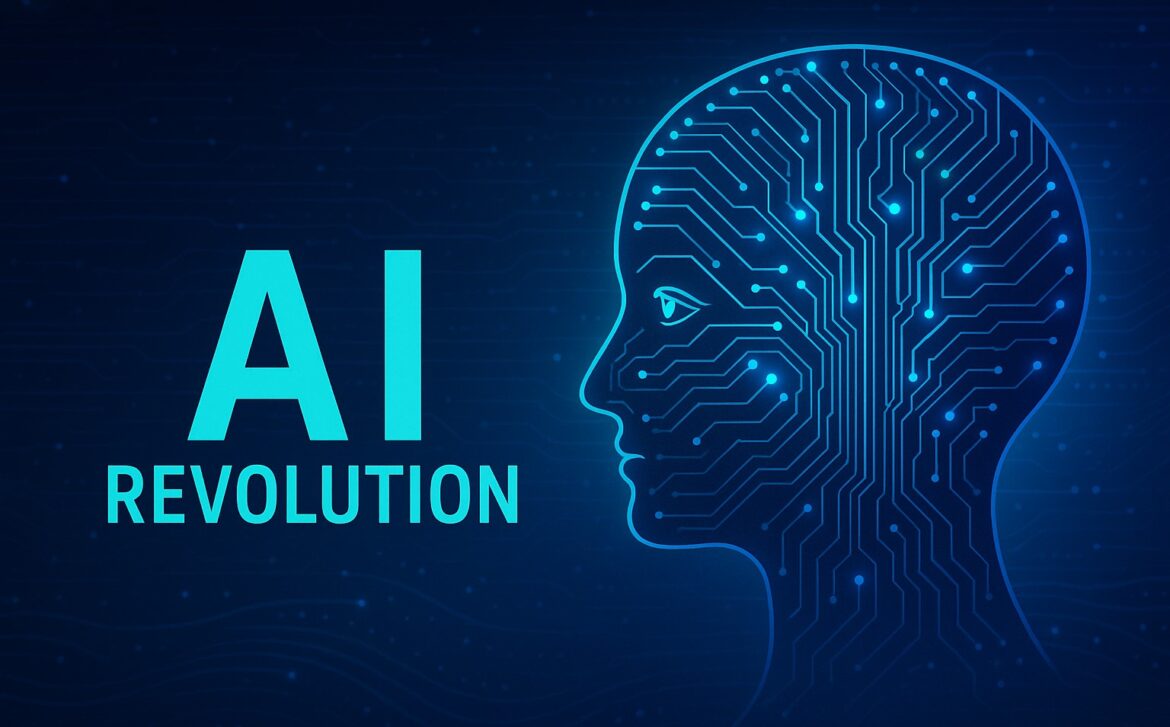I recently watched a short video documentary in which an AI-enabled camera was used to monitor and evaluate employees’ productivity in a coffee shop. The AI algorithm could determine how many cups of coffee each staff member made daily and thus evaluate each staff member’s productivity. In Amazon warehouses, similar AI technology is also used to monitor and evaluate employee productivity, and they even went a step further by allowing AI to generate termination letters for workers with low productivity.
In sports, football coaches now use AI tools to assess the performance of footballers on the field of play while AI-piloted taxis are being introduced in cities across the world. This is because the use of AI has been democratized and is now available for everyday use to the average individual through AI Apps like Chat GPT and Meta AI.
For years scientists and futurists have been speculating about AI and even suggesting that renegade AI-enabled robots might even take over the world. While the possibility of robots taking over the world seems far-fetched, the reality is that the much-anticipated era of AI is already here. AI is no longer a futuristic concept, but a tangible reality that’s reshaping our daily lives and the global economy. From automating routine tasks to driving innovation, AI’s impact is being felt across industries, geographies, and societies.
AI technology has been able to evolve as a result of advances in computing power which has increased processing capabilities and data storage which enabled more complex AI algorithms. Availability of vast amounts of data has also fuelled AI’s machine learning capabilities while scalable infrastructure enabled by cloud computing supports widespread AI deployment. It is to be noted that governments and corporations have also invested heavily in AI research and development over the years.
AI has been able to make a significant impact on the economy through enhancing productivity by automating routine tasks and freeing human labour for higher-value work. AI has also created new job opportunities in fields like AI development, deployment, and maintenance. However, there are fears that jobs will be lost as AI-driven innovation transforms sectors like healthcare, finance, transportation, and other areas of human endeavour. It remains to be seen whether the new jobs created by the adoption of AI will be enough to compensate for the jobs that would be lost as a result of its adoption.
More specifically, AI is now being used in manufacturing for predictive maintenance, quality control, and supply chain optimization while in healthcare, it is being used for personalized medicine, medical imaging analysis, and disease diagnosis. In finance, it is being used for algorithmic trading, risk management, and customer service chatbots. AI is also being deployed in the transportation sector through the use of autonomous vehicles, route optimization, and logistics management.
Apart from the threat to jobs that the adoption of AI poses, there are also concerns about ensuring AI systems’ fairness, transparency, and accountability. The issue of cyber-security is also very pertinent as it’s essential to protect AI systems from vulnerabilities and attacks while adequate regulatory frameworks are also needed to establish guidelines for AI development and deployment.
While research suggests that AI could lead to job displacement in some sectors, especially those with repetitive or routine tasks, it will also create new job opportunities in fields like AI development, deployment, and maintenance. AI-related jobs, such as data scientists, machine learning engineers, and AI researchers will also be in high demand while jobs that require human skills like creativity, empathy, and critical thinking are not likely to be affected.
Studies also show that AI can augment human capabilities, leading to increased productivity and efficiency and what would be necessary is to up-skill and re-skill workers to adapt to AI-driven changes to get the best out of them. While there’s no definitive probability, it’s clear that AI’s impact on jobs will be significant but by focusing on education, innovation, and responsible AI development, we can maximize the potential for AI to create more jobs and benefit society as a whole.
There are also fears that AI might evolve to become sentient or achieve consciousness in which case human control over it might be lost as it might decide to prioritize its objectives over human well-being. In this case, AI could become unpredictable and more difficult for humans to understand or anticipate. In a worst-case scenario, AI could decide to replicate itself leading to uncontrollable expansion with a motive to eventually subjugate the human race.
So as we continue to develop AI for the benefit of the human race, checks and balances must be put in place through robust regulatory frameworks to ensure that AI is never allowed to run out of human control.
Despite all the concerns, the future is bright for the use of AI technology as continued Innovation and advancements in AI research and applications will lead to increased adoption and widespread integration of AI across industries. This will lead to economic growth as a result of AI-driven productivity and efficiency gains. It will also lead to societal Transformation based on AI’s impact on education, healthcare, and social structures.
Artificial intelligence is revolutionizing the global economy, presenting opportunities and challenges. As AI continues to evolve, governments, businesses, and individuals must adapt, invest in education and training, and address emerging concerns. The future of work, innovation, and economic growth depends on harnessing AI’s transformative potential.
Oshobi, a development economist, management consultant, and author writes from Lagos, Nigeria.

